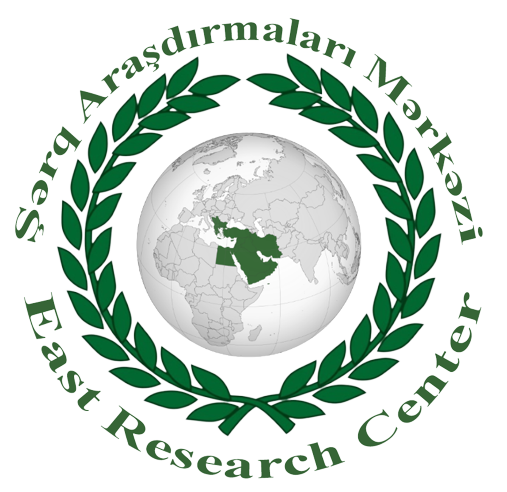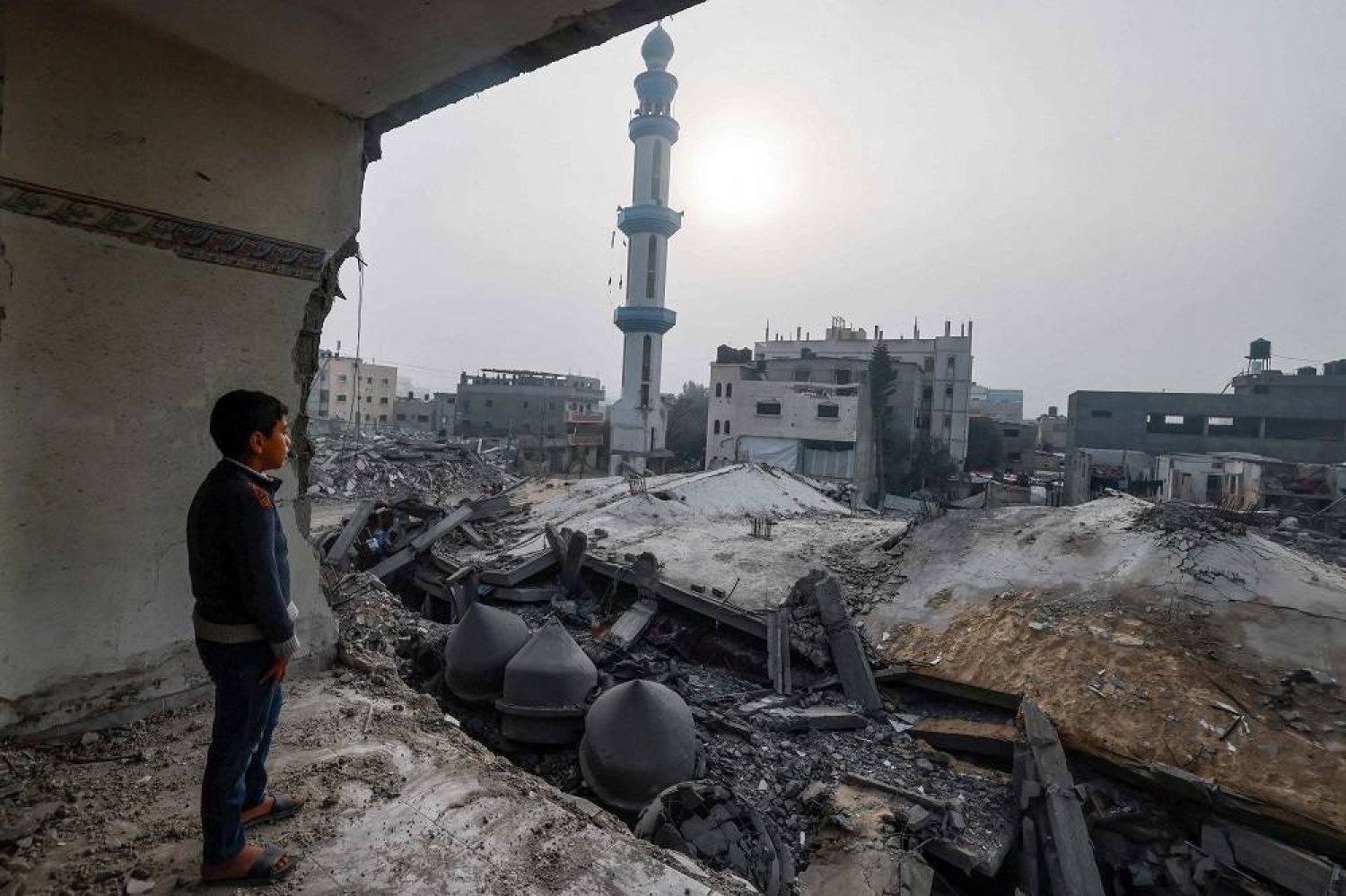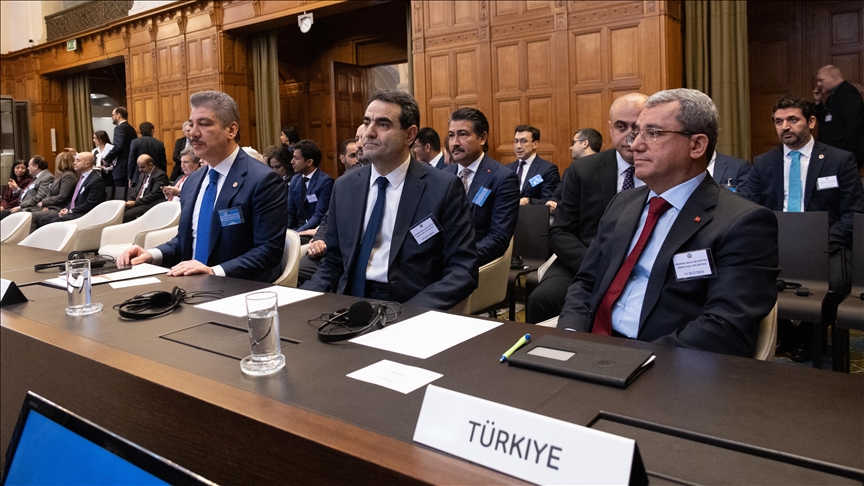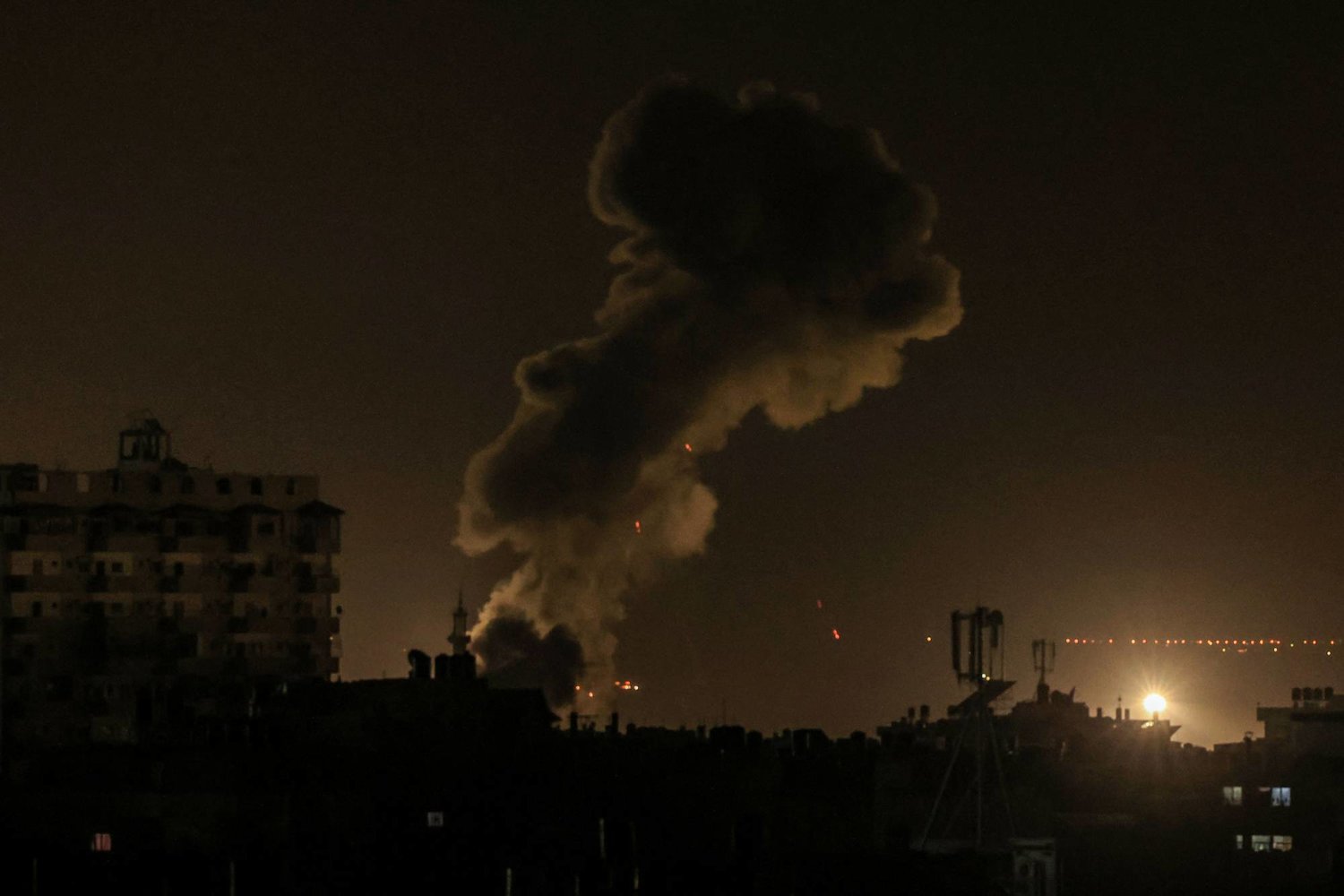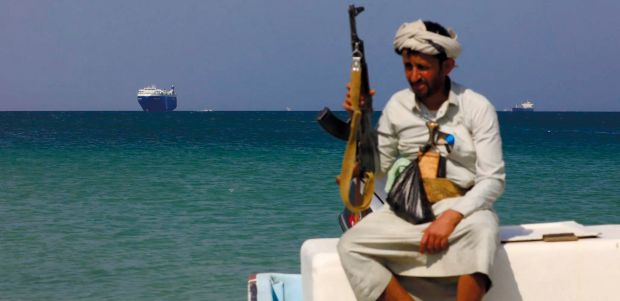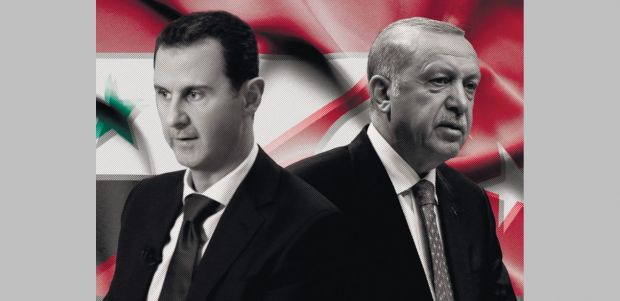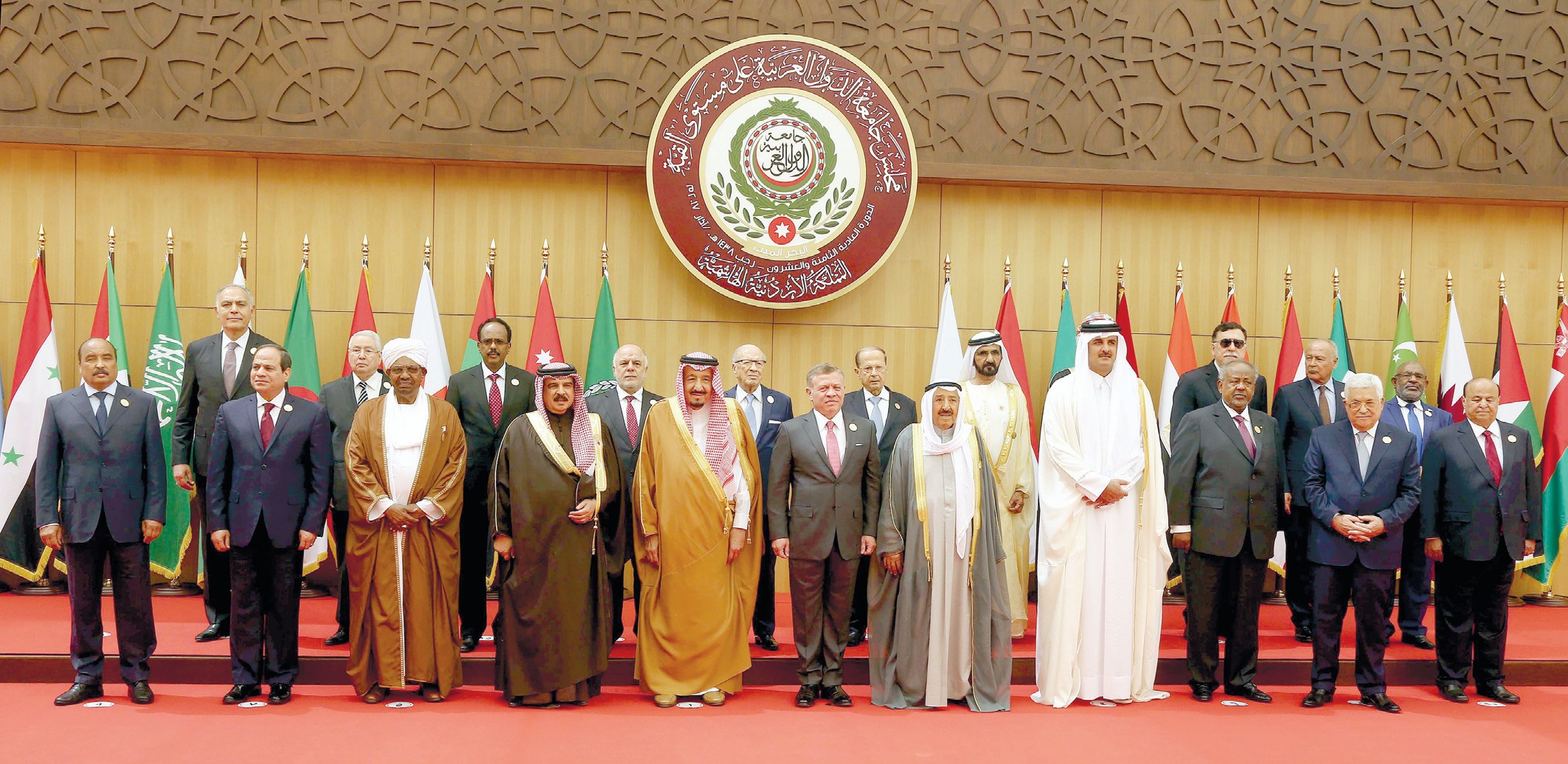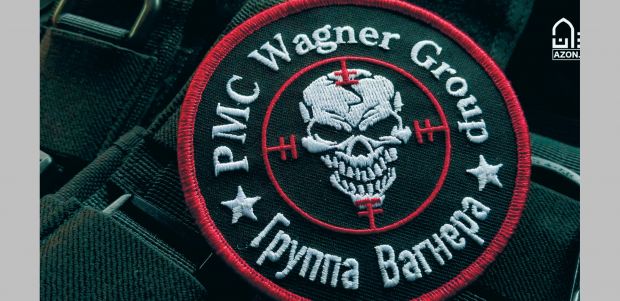
The one-day mutiny of the head of the private military company (PMC) Wagner, Yevgeny Prigozhin, and his organisation now gives rise to questions about the future of the Wagner troops, especially their activities abroad. The military group includes thousands of armed mercenaries operating in several countries in Africa and Syria for almost ten years. What will be their future? What will they do if the Wagner is dissolved?
Currently, the Wagner troops are present to varying degrees in Syria, Libya, Mali, CAR, Sudan, Mozambique, Venezuela, Burkina Faso and Madagascar. A report by the Global Initiative against Transnational Organised Crime, a prominent international civil society network, describes PMC Wagner as "the most influential Russian actor in Africa" today. And this is no coincidence. The Wagner fighters were directly involved in combat operations during the civil war in Libya, provided intelligence services and military training to the troops of General Khalifa Haftar, and in many cases directly participated in his operations.
They also ensured the security of the former Sudanese President Omar al-Bashir during the 2019 revolution, as well as the security of gold and diamond mines in Sudan and CAR, respectively, and supported the government of Mali in its fight against radical Islamist groups.
Born in Syria
Although the Wagner solders conducted their first operation in 2014 in Crimea, it is the Syrian Arab Republic (SAR) where the group was actual born. Photos of Russian mercenaries fighting in Syria were first published in the world media in 2013. It was reported that paramilitary units staffed mainly by retired Russian special forces and intelligence officers were allegedly guarding government facilities and training Syrian government forces.
First official information about a Russian mercenary group called Slavonic Corps emerged after the death of mercenary Alexei Malyuta, a resident of the Krasnodar region of Russia, who was found dead near the Syrian city of Homs. Documents found on him indicated that he was an employee of Slavonic Corps Limited, a private military company established in St. Petersburg and registered in Hong Kong.
In September 2013, 267 members of the company were dispatched to Syria to guard the local oil fields. They were promised a monthly salary of $4,000 and substantial compensation in case of death or injury. However, the Syrian campaign of Slavic Corps Ltd. was not successful and Russian authorities arrested the founders of the organisation, Vadim Gusev and Evgeny Sidorov, for creating an illegal military group. Later they realised that such companies could be used in countries such as Syria. For this purpose, a private military company Wagner was established and included former employees of Slavic Corps Ltd. operating under the auspices of the Main Intelligence Directorate (GRU) of the Russian Ministry of Defence. Lieutenant Colonel Dmitry Utkin, a former GRU officer, became the commander of the new armed group. Previously, when he was the commander of a separate military unit of the GRU's Special Forces, Utkin fought against sea pirates as an employee of the security company Moran Security Group. In October 2013, he commanded one of the units of Slavic Corps in Syria. Wagner was Utkin's radio callsign.
Thus, the first official operation of PMC Wagner took place in Crimea in March 2014. They soon became known as the "green men". Later the world community heard reports about the Russian mercenaries operating in Donbass, Syria and African countries.
According to a number of sources, about 5,000 armed mercenaries of the organisation are currently deployed in Syria. The most serious incident involving the Wagner fighters in Syria was their clash with the US military troops in the province of Deir ez-Zor in February 2018. During an attempt to seize gas fields and a natural gas processing plant in the area, the Wager troops received a tangible artillery and aviation response from the Americans. As a result, according to unofficial data, more than 300 Wagner fighters were killed. Recently there have been allegations that the incident was the first open conflict between the Wagner and the Russian Ministry of Defence, as the latter allegedly failed to warn the mercenaries about the Americans, thereby exposing them to fire.
Wagner in Africa
According to media reports and international organisations, in recent years PMC Wagner have operated in nine African countries. One of their first destinations was the Central African Republic (CAR), which likely hosts about 2,000 mercenaries of the organisation, engaged there in military training of local government forces and providing protection for the head of state, Faustin-Archange Touadera.
Wagner fighters have also reportedly been ensuring the security of the country's gold and diamond mines since 2017.
By the way, CAR became the first African country "discovered" by PMC Wagner. After some time, there were allegations of the company's involvement in some crimes in this country. Thus, it was reported that Orkhan Jamal (son of journalist, influential philosopher and Islamic scholar Heydar Jamal), cameraman Kirill Radchenko and director Aleksandr Rastorguev, who went to the CAR to film a documentary about the PMC Wagner in the country, were killed under mysterious circumstances.
During the 2020 armed uprising in CAR, the government of the country needed more mercenary services of the infamous Russian military company, thereby entrusting it with the protection of important facilities. This made the Wagner fighters more active, and they soon became involved in allegations of new violence, kidnappings, rapes and murders. Earlier in the year, the US Treasury Department alleged the involvement of foreign mercenary military companies in serious crimes such as massacres, rapes, child abductions and physical violence in CAR and Mali.
Wagner in Libya
It is known that there are about 2,000 Wagner mercenaries in Libya. Allegedly, some of them are military pilots located mainly at the Jufra airbase in central Libya, as well as at the airfield in the city of Sirte.
Reports of Wagner fighters in Libya began circulating back in April 2019, when the Libyan National Army (LNA) led by General Khalifa Haftar attacked the city of Tripoli. It turned out that the LNA also included Wagner fighters, previously known more as military trainers.
Wagner snipers and military scouts were reported as the main reasons behind the military success of Haftar and the LNA. Documents published in 2021 claimed that the Wagner fighters planted mines around Tripoli and killed civilians. Interestingly, Russian mercenaries stationed in Libya received significant support from Moscow, especially from the Russian defence industry. A significant number of mercenaries are still in the country, although figures on their exact number vary.
Wagner in Sudan and Mozambique
Wagner troops first appeared in gold-rich African Sudan in 2017. Initially, they operated in the area of gold mines under the auspices of companies Meroe Gold and M Invest. During the same period, Moscow increased its efforts to acquire more foreign exchange reserves amid tightening sanctions after the start of the Ukrainian conflict.
Wagner fighters have operated in the major Sudanese cities of Port Sudan, Khartoum and Darfur. It is assumed that weapons and ammunition are transported from these cities to other regions of Africa. On July 15, 2020, the US added Wagner's subsidiary M Invest to its sanctions lists.
But the Wagner fighters became mainly known in Sudan in December 2018, after the start of popular protests against the thirty-year rule of dictator Omar al-Bashir. Allegedly, they provided protection for Sudanese government leaders and important state facilities in the country.
Alongside Sudan, some 160-300 Wagner fighters have been deployed in Mozambique since 2019, protecting natural gas fields and other valuable minerals of the country, as well as taking part in operations against the local ISIS affiliate Ansar al-Sunna.
Wagner in Mali
Another country that sheltered the members of PMC Wagner is Mali in the south of the Sahara desert. The company has been present in the country since 2021, after receiving an invitation from local Colonel Assimi Goita, who seized power in the country in the 2020 military coup. Mali officials currently deny co-operation with Wagner, but there are credible allegations that the Wagner fighters train the country's government troops, as well as provide security for precious metal deposits and important government buildings.
Remarkably, after the arrival of Wagner, paramilitary units of France and a number of other European countries hastily left Mali. Their facilities were soon taken by the Wagner units. Despite several official protests from the French Ministry of Foreign Affairs, it seems that the African republics consider the presence of the Wagner troops a more acceptable option.
In addition to Mali, Wagner fighters operate in other African countries, including Guinea, Guinea-Bissau, Madagascar, Zimbabwe and Angola.
Why do African leaders choose Wagner?
No matter how rhetorical this question may sound, there are very serious factors behind it. Why are armed African rebels, a Libyan general commanding tens of thousands troops and others willing to pay a lot of money to cooperate with PMC Wagner? After all, Western mercenary companies have operated in Africa since the middle of the last century. So why today rebellious military and generals fighting with each other choose the Russians? Firstly, Wagner is mostly staffed by Russian special forces and former intelligence officers. Hence, according to BBC experts, the accuracy and error-free actions of the Russian military intelligence, which is recognised even by their Western rivals. In addition, heads of government and rebel generals find it convenient to co-operate with Wagner officers trained in various specialities from sniper to military aviation pilot.
Secondly, the Wagner fighters lack political ambitions and international pressure. Unlike their counterparts, the Wagner management does not make any political demands or claims. The only condition for cooperation is actually the timely payment of requested funds. Their Western counterparts are known for interfering in the internal political processes in the countries of deployment or succumbing to external pressure.
In addition, military experts note the reliability of cooperation with PMCs. Despite the cheapness of hiring local armed units, there is always a risk that they will betray, change their position and switch to the enemy side. Local fighters may also rebel against the current government. With Wagner, however, such risks are virtually non-existent. That is why governments and generals entrust the protection of important facilities and oilfields, as well as their lives, to Russians mercenaries.
Another important component is political and logistical support. PMC Wagner has always been directly linked to Moscow, at least it was until recently. In addition, Moscow was considered a safe haven for African leaders criticised by the West and subject to sanctions.
